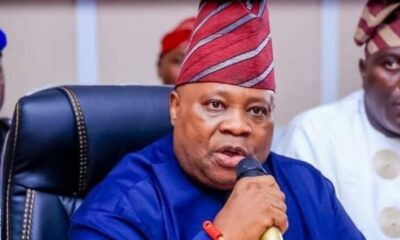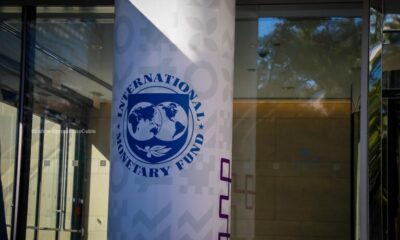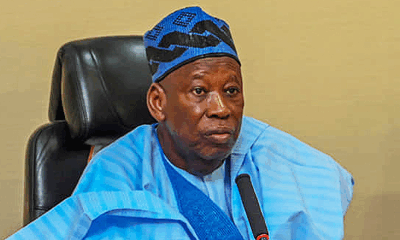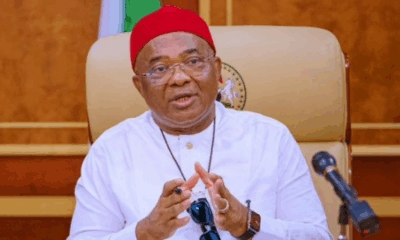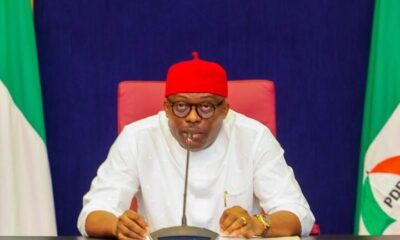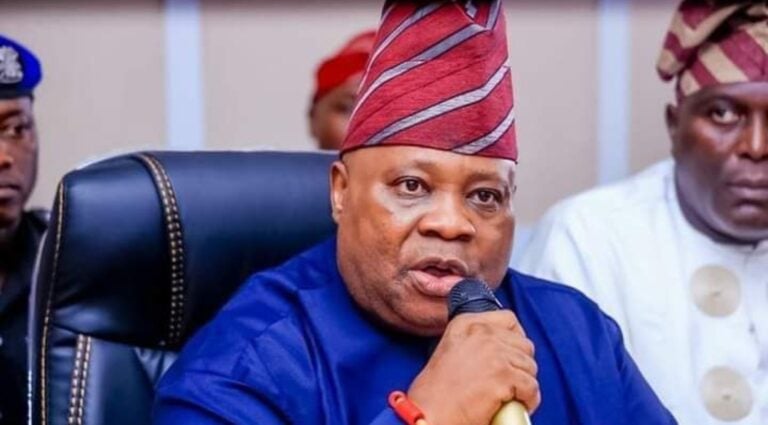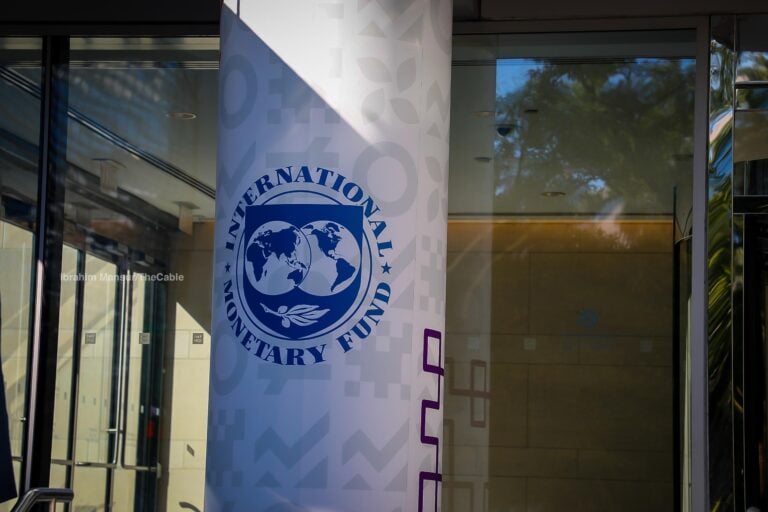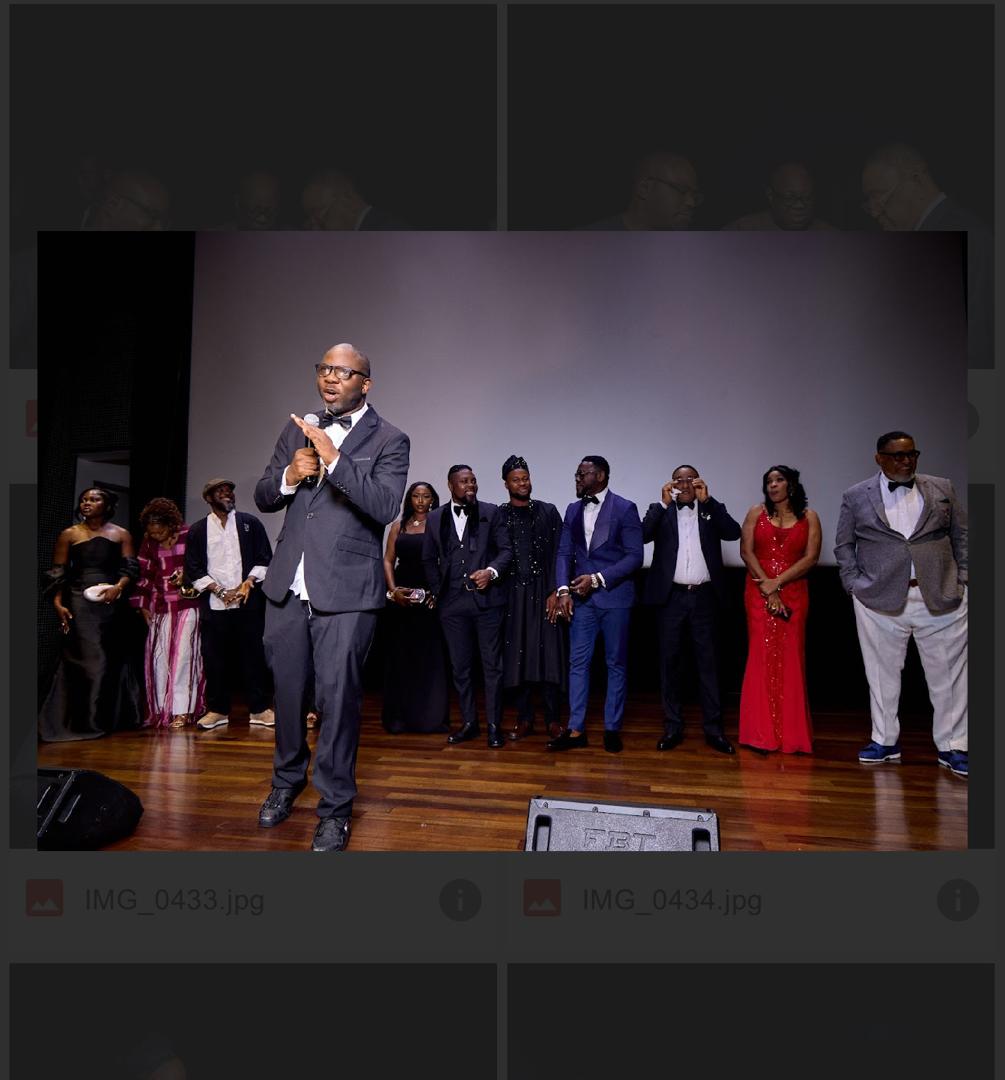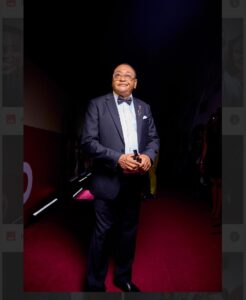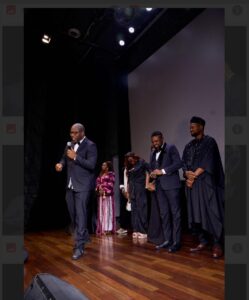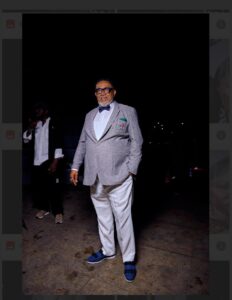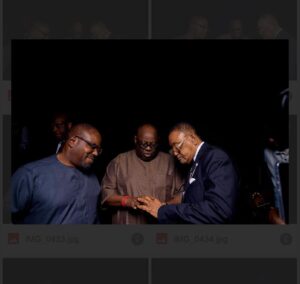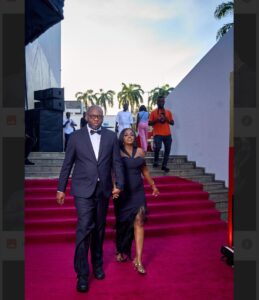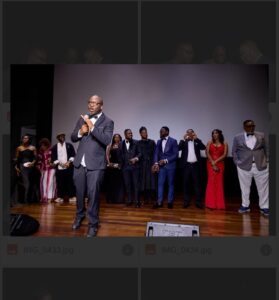Naira devaluation raised Nigeria’s external debt by about “N30.03tn” between 2023 and June 2024 when considered in naira terms, an analysis by The Punch revealed.
Despite a reduction in the country’s debt when measured in US dollars, the exchange rate shift has made Nigeria’s foreign obligations far more costly in local currency.
Data from the Debt Management Office shows that as of June 1, 2023, Nigeria’s external debt stood at “$43.16bn.”
At an exchange rate of “N770.38” to the dollar, this amounted to “N33.25tn.” However, by June 1, 2024, the naira had depreciated by 47.6 percent, with the exchange rate rising to “N1,470.19” to the dollar.
As a result, Nigeria’s external debt, which has dropped to “$42.90bn,” is now equivalent to “N63.07tn.”
In dollar terms, Nigeria’s external debt dropped by 0.60 per cent or “$258.18m” between June 2023 and the same month of 2024.
However, in naira terms, there was an increase of 89.7 percent or “N29.82tn” within the same period.
The Punch further observed that if the June 2023 exchange rate (“N770.38/$1”) had been used, Nigeria’s external debt would have been “N33.05tn.”
This further shows that the naira devaluation added “N30.02tn” to Nigeria’s external debt in one year as the country battles currency weakness and rising total debt.
While the nominal value of Nigeria’s external debt in dollar terms has remained relatively stable, the depreciation of the local currency has caused a steep rise in the naira equivalent.
The Punch further observed that external debt accounted for 46.96 per cent of Nigeria’s total debt by June 2024, up from 38.05 per cent recorded in the same month last year.
Further analysis by The Punch showed that Multilateral lenders remain Nigeria’s largest external creditors, accounting for over half of the country’s external debt (50.41 per cent or “$21.62bn”) as of June 2024.
These creditors include the International Monetary Fund, the World Bank Group, the African Development Bank Group, and the Islamic Development Bank, among others.
Nigeria owes “$1.61bn” to the IMF, making up 3.75 percent of the total external debt.
The World Bank’s share of Nigeria’s debt totals “$16.32bn,” with the majority owed to the International Development Association, which accounts for “$16.32bn,” which represents 38 per cent of Nigeria’s total external debt.
The International Bank for Reconstruction and Development, another arm of the World Bank, is owed “$484.0m,” or 1.13 percent.
Nigeria’s debt to the AfDB group is “$3.87bn,” representing 9.03 percent of the total external debt.
This includes “$1.63bn” to the African Development Bank and “$991.89m” to the African Development Fund.
Nigeria owes “$4.97m” to Arab Bank for Economic Development in Africa, a negligible amount relative to the total, at 0.01 percent.
Debt to the European Development Fund totals “$30.72m,” or 0.07 percent of Nigeria’s external debt.
Nigeria’s debt to the IsDB stands at “$241.84m,” or 0.56 percent of the total debt, while Nigeria’s debt to the International Fund for Agricultural Development is “$273.51m,” which is 0.64 per cent of the external debt stock.
Bilateral Creditors, such as China and France, have provided Nigeria with “$5.89bn” (13.72 percent of total external debt) in credit financing.
China is Nigeria’s largest bilateral creditor, with “$5.07bn” owed to the Exim Bank of China, and this constitutes 11.83 percent of the total external debt.
Nigeria owes “$623.55m” to France (Agence Française de Développement), or 1.45 per cent of the total external debt, and “$52.18m” to Japan (Japan International Cooperation Agency), representing 0.12 percent.
The country’s debt to India (Exim Bank of India) is “$22.35m,” or 0.05 percent, and to Germany (Kreditanstalt für Wiederaufbau) “$115.81m,” or 0.27 percent of total external debt.
Commercial creditors, primarily through Eurobonds, form a significant portion of Nigeria’s external debt.
Nigeria owes “$15.12bn” in Eurobonds, accounting for 35.24 per cent of the total external debt.
The Eurobond debt is expected to increase by the end of the year, as Nigeria recently raised “$2.2bn” from its latest Eurobond auction.
Nigeria also has smaller debts to various syndicated loans and financial institutions. For instance, “$270m,” or 0.63 per cent of the total external debt, is owed to a syndicate of banks.
The Punch earlier reported that Nigeria’s external debt might rise to “$45.1bn” by the end of 2024 as the Federal Government planned to secure additional external funding.
The Debt Management Office revealed in its latest report that the country’s external debt stock increased by “$780m” in the second quarter of 2024, growing from “$42.12bn” in March to “$42.9bn” as of June 2024.
In a related development, the Federal Executive Council approved a “$2.2bn” external borrowing plan as part of the Federal Government’s 2024 Appropriation Act financing programme.
Although the borrowing plan included a combination of Eurobond and Sukuk offerings, valued at “$1.7bn” and “$500m,” Nigeria has raised the entire “$2.2bn” from its latest Eurobond auction out of over “$9bn” subscriptions.
Justifying the borrowing, the Minister of Finance, Wale Edun, said the external financing initiative aligned with the administration’s broader economic recovery plan, which focused on stabilising macroeconomic conditions, adjusting market pricing for foreign exchange and petroleum products, and supporting local production.
He added that earlier in the year Nigeria’s successful domestic issuance of dollar bonds highlighted the growing resilience and sophistication of the country’s financial market, attracting both local and international investors who showcased confidence in the Federal Government’s economic reform agenda.
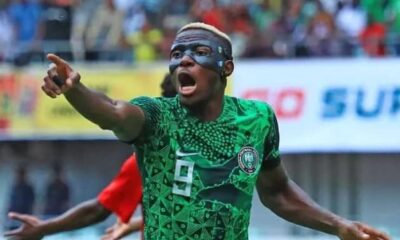
 BIG STORY4 days ago
BIG STORY4 days ago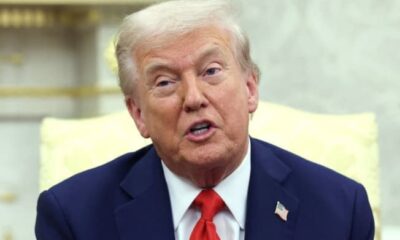
 BIG STORY3 days ago
BIG STORY3 days ago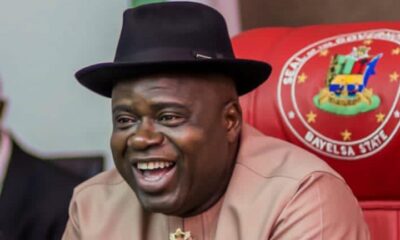
 BIG STORY3 days ago
BIG STORY3 days ago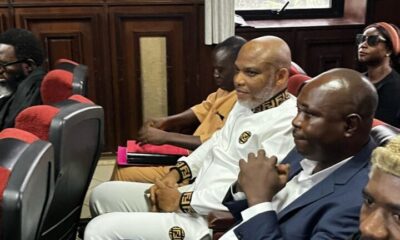
 BIG STORY2 days ago
BIG STORY2 days ago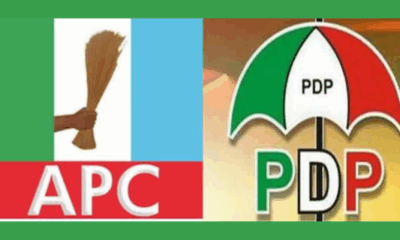
 BIG STORY4 days ago
BIG STORY4 days ago
 BIG STORY2 days ago
BIG STORY2 days ago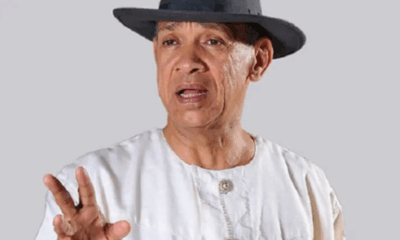
 BIG STORY3 days ago
BIG STORY3 days ago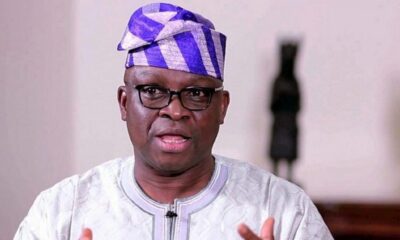
 BIG STORY2 days ago
BIG STORY2 days ago







